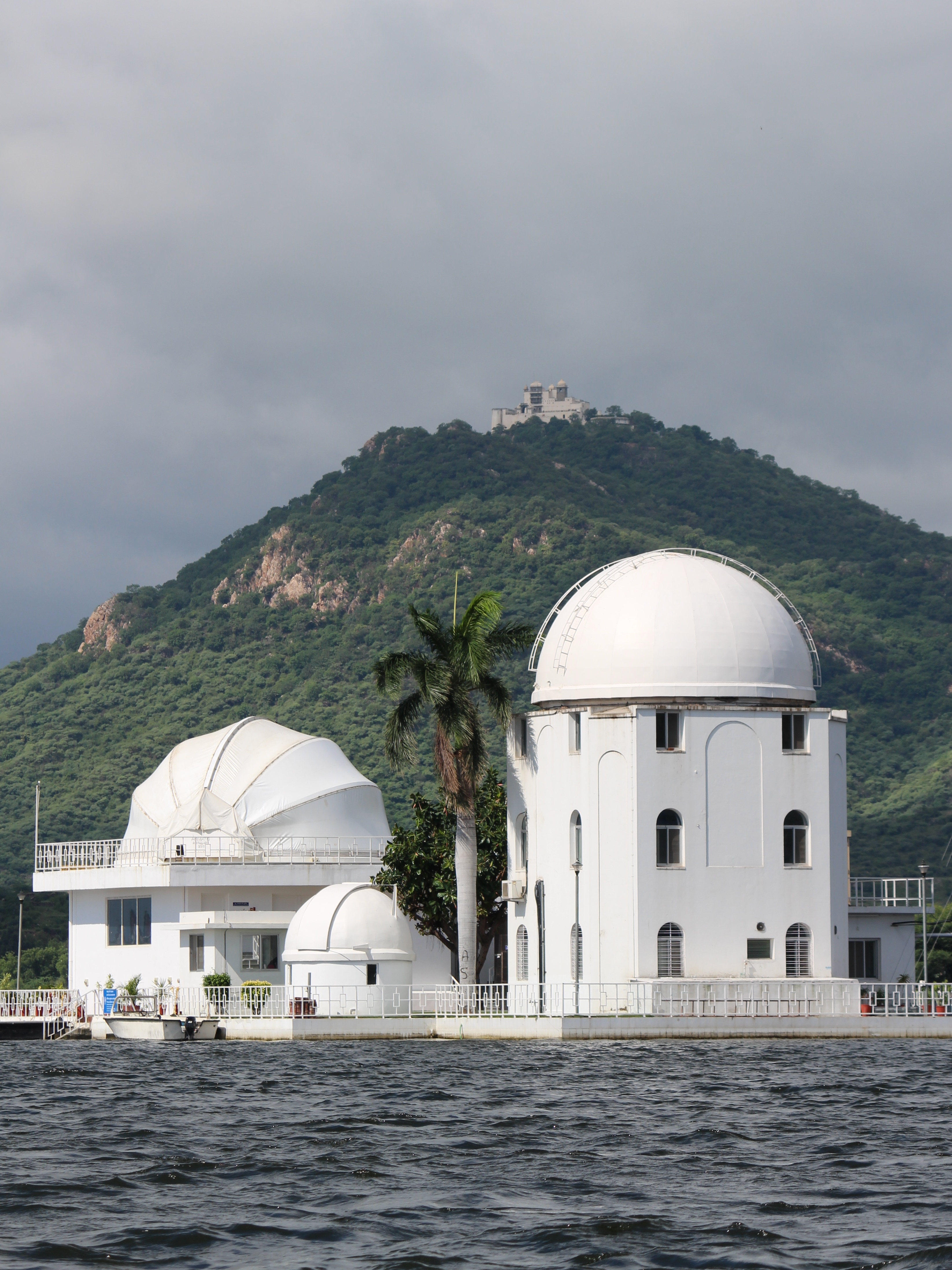
USO Golden Jubilee
Scientific Rationale
Important dates
Invited Speakers
Program
Venue
Accommodation
Registration
Participants
Visa Information
SOC/LOC
Conference Poster
USO/PRL

SCIENTIFIC RATIONALE
The Sun's magnetic field is key to the diverse structures and phenomena
observed in the solar atmosphere. Ranging from large-scale flux ropes in
solar prominences/filaments to sub-arcsec bright points in the quiet-Sun
photosphere, ascertaining the processes that are responsible for the
generation, accumulation, and dispersal of the Sun's magnetic field over
this broad spectrum of spatial scales is a fundamental challenge in Solar
Physics. The last two decades have witnessed major advancements in ground-
and space-based observational facilities, numerical simulations, and data
analysis techniques, all of which serve to examine the interaction of
magnetic fields, plasma flows, and radiation at fundamental spatial and
temporal scales to gain critical insight on the inner workings of our
closest star.
The Udaipur Solar Observatory (USO) is a leading international centre in
Solar Physics and a scientific division of the Physical Research
Laboratory (PRL) in Ahmedabad, which is an autonomous institute under the
Dept. of Space, Government of India, since 1981. The Observatory was
established in 1975 under the vision of the late Prof. Arvind Bhatnagar on
an island in Lake Fateshsagar in the picturesque and historical city of
Udaipur. Since its inception, USO has endeavoured to become a world-class
observing facility to monitor our dynamic star using several telescopes
and a suite of post-focus instruments. USO is also a partner in the
National Solar Observatory's Global Oscillation Network Group (GONG), a
flagship synoptic programme that began in 1995 and is supported by the
National Science Foundation of the USA. A major accomplishment of the
Observatory came in 2015 with the installation of the 50-cm
Multi-Application Solar Telescope (MAST), making it India's largest,
modern solar facility equipped with state-of-the-art back-end instruments
and Adaptive Optics to carry out observations of the Sun with high spatial and temporal
resolution. A host of diverse research topics are undertaken at the
Observatory that include sub-surface dynamics, sunspot physics,
atmospheric coupling, magnetic reconnection, solar eruptions, space
weather, and, most importantly, instrumentation development.
This year marks the Golden Jubilee of the Udaipur Solar Observatory, along
with MAST completing a decade of operations. On the eve of this historic
milestone, USO is organising an international meeting on "Exploring the
Sun at High-Resolution: Present Perspectives & Future Horizons" with the
objective of bringing together observers, modellers, and instrument
specialists to discuss our current understanding of various phenomena
across the solar atmosphere, the capabilities and results from the latest
ground-based telescopes and space missions, and the future of Solar
Physics in the high-resolution domain.

Copyright © 2025 Udaipur Solar Observatory, PRL. All rights reserved.